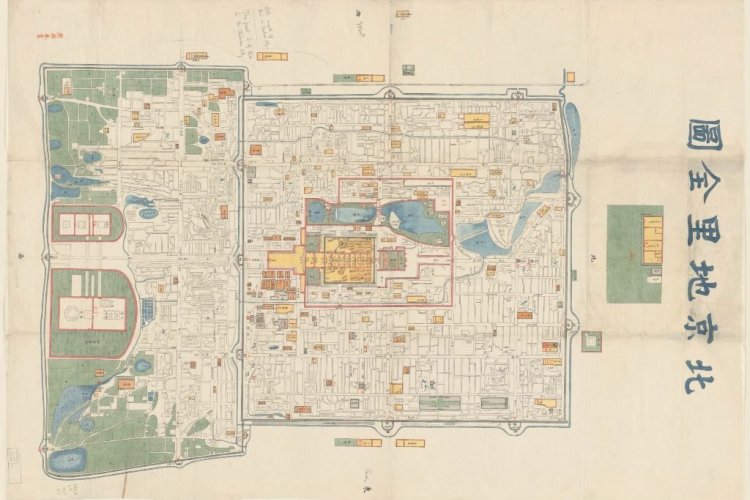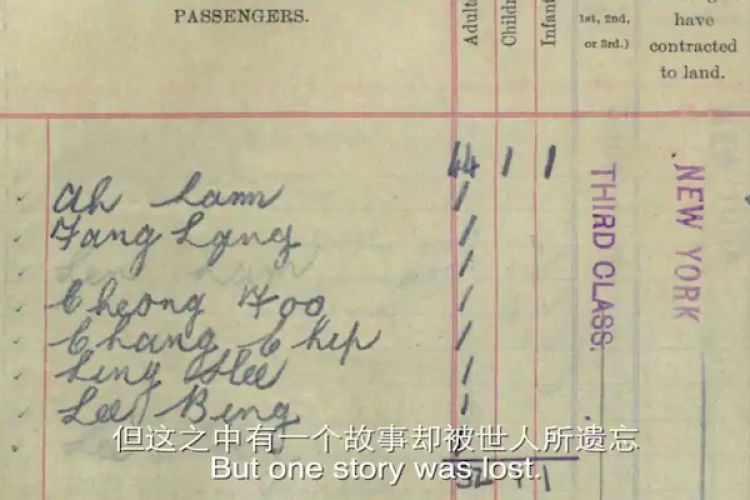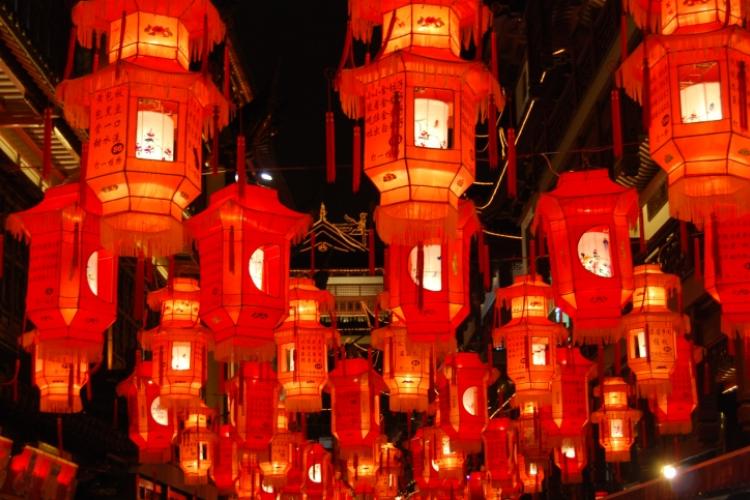Bookshelf: Indie Filmmaker Wu Wenguang
Twenty years ago, Wu Wenguang made a splash with Bumming in Beijing: The Last Dreamers, a film that is widely credited with launching the New Documentary Cinema movement of the 1990s. In the intervening years, he continued to make uncompromisingly verite films about people who live and work on the margins of society. Wu will be guest-curating a documentary screening series at the UCCA this weekend. We recently sat down with the pioneering director to chat about his early influences.
The book that has the most sentimental value for me is Border Town (边城) by Shen Congwen. I have always cherished it. Every time I see the cover of the book, I can still feel how my emotions were agitated 30 years ago.
If you only ever read one book about China, make it Tombstone (墓碑) by Yang Jishang. The reason is simple – it documents the “famine tragedy” of 50 years ago, recording the dust-laden part of history in accurate detail. Ordinary people’s misery during the famine was like that, and 50 years later, it has finally been written down. Reading it will show you how Chinese people struggled on the verge of death due to starvation, and you’ll understand that it’s our common fault that history was forgotten.
My three all-time favorite books? According to my taste in recent years, they are Path to the Civil Society by Adam Michnik, The Story of Dingxi Orphanage (定西孤儿院纪事) by Yang Xianhui and What Reason Do People Have to Remember? (人以什么理由来记忆) by Xu Ben.
My favorite books from childhood are Wanderings of San Mao (三毛流浪记), Guerilla on a Plain (平原游击队) and Ku Dou (苦斗). I certainly don’t value them so much anymore, but of the limited “revolutionary books” in my childhood, they are the ones.
The book that changed my life was The Life of Vincent van Gogh. I read it in 1982 when I had just graduated from college and started my career as a Chinese teacher in a high school. It was not because I didn’t want to be a teacher but I was afraid of living my entire life in only one city – it would be boring and dreary, with no hope or new possibility. That book made me realize the importance of a free life and to make choices; it helped me make the decision to quit my job to go to Xinjiang a year later in my hope of finding a free life.
A character in a book that I’ve always wanted to be? I read about Pavel Korchagin in How the Steel Was Tempered when I was a teenager. In the ’60s it was a classic book in our Communist education. He’s a hero of the USSR, ambitious and strong-willed, but he also had a romantic love story. He’s certainly the person I want to be.
The documentary series, “My Memories and Me,” curated by Wu Wenguang, screens at the UCCA on Jan 7-9. In Chinese with English subtitles. RMB 15, RMB 10 (students), free (UCCA members).






